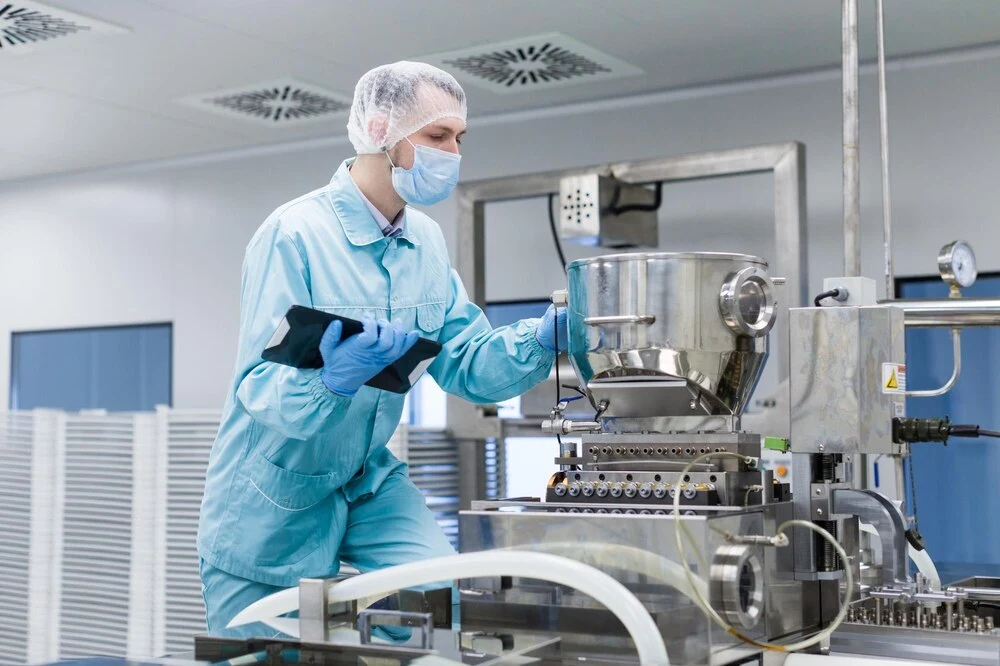Russia’s Minister of Health, Mikhail Murashko, has called for a reconsideration of traditional views on aging. According to him, the key priorities for modern healthcare are extending healthy life expectancy and slowing the progression of diseases — including through the use of digital technologies.
Earlier, social media was abuzz with claims that some people could now live up to 150 years.
TASS looked into how realistic that is.
“Claims that taking dietary supplements can help you live to 150 are nothing but an advertising campaign,” said epidemiologist and Vice President of the Russian Academy of Education, academician Gennady Onishchenko, in an interview with TASS. “Let’s be clear: biologically active supplements are not medicine. There are para-pharmaceuticals that contain active substances, and there are nutraceuticals — proteins, vitamins, and trace elements. To say they can extend life to 150 years is absurd.”
The Work Is Underway
Onishchenko stressed that discussions about life expectancy should rely on a scientific metric — average life expectancy, the key demographic and medical indicator.
“The state has set a goal: by 2030, to reach an average life expectancy of 78 years,” he said. “That’s a population-level indicator, not an individual one. One person might live to 120, another to 30 — we’re talking about the overall quality of life in the population.”
Before World War II, he noted, Russian men lived on average to 47. “Now it’s around 72, although men still live shorter lives than women. The indicator has nearly doubled. The 20th century was the century of vaccination — we eradicated smallpox and defeated many infectious diseases. That alone added 20–25 years to human life expectancy. But that reserve is largely exhausted,” Onishchenko said.
The academician pointed out that new vaccines continue to be developed — for hepatitis C, tuberculosis, and of course, COVID-19. “Vaccination has proven to be an effective scientific tool for prolonging life,” he said. “But there are still no fundamentally new technologies that could alter human evolution itself.”
Onishchenko added that the human body uses only about 40% of its internal reserves:
“Even professional athletes can’t exceed that limit, no matter how much they train. Evolution built in a safety margin. Science simply doesn’t yet know how to unlock the remaining 60–80%.”
Nevertheless, work continues. National health projects, he noted, are focused on fighting the leading causes of premature death — cardiovascular, oncological, and endocrine diseases. The key, according to Onishchenko, is effective prevention and early diagnosis — including at the genetic level — to stop diseases before they begin. “That’s where real scientific potential lies,” he said.
The academician emphasized that the goal isn’t just to make people live to 100 or 120, but to ensure they remain active and healthy at that age.
“A person at 100 should be able to work, think, and create — not just sit outside with a cane. That’s what our national projects aim for. These indicators also include maternal and infant mortality, injuries, even traffic accidents,” he said.
Onishchenko added that even infrastructure projects are tied to longevity: “In road construction, one measure of effectiveness is reducing traffic fatalities. It might not sound like medicine, but everything is interconnected.”
The Role of the State
“And of course, the most important factor is a healthy lifestyle,” Onishchenko stressed. “Here, the state still has huge untapped potential — fighting alcoholism, smoking, and drug abuse. Society can’t manage this alone; it needs state regulation, bans, and control. But individual responsibility also matters. You can create perfect conditions, but if a person just lies on the couch doing nothing, nothing will change.”
He dismissed the idea of 150-year lifespans as pure provocation.
“Based on current science, by 2050 people won’t live to 120 on a large scale. But the number of long-livers will grow — on an individual level. The idea of 150 years is sheer pseudoscience fit only for comedy shows or talk shows.”
For the first time, Onishchenko noted, life expectancy has been officially written into state policy — presidential decrees, federal programs, and national projects. There are organizational preconditions for growth, he said, but personal effort remains essential: “Everyone must constantly work on their lifestyle.”
He also pointed to encouraging trends: “It’s great that young people — Gen Z, those aged 15 to 25 — are mostly rejecting alcohol and smoking, choosing healthy lifestyles, and showing interest in ecology and rural life. But there’s a concern — they’re less motivated to start families. That could offset all the positive changes. Family and birth rates directly affect demography, and therefore life expectancy.”
Finally, the epidemiologist noted that the highest life expectancy in Russia today is observed in Moscow, Dagestan, Chechnya, and Ingushetia.
“In Moscow, it’s due to the standard of living; in the Caucasus — to strong, large families. That’s the real formula for longevity: a healthy lifestyle, strong families, quality healthcare, and disease prevention — not dietary supplements,” Onishchenko concluded.
Source: TASS, October 22, 2025.








